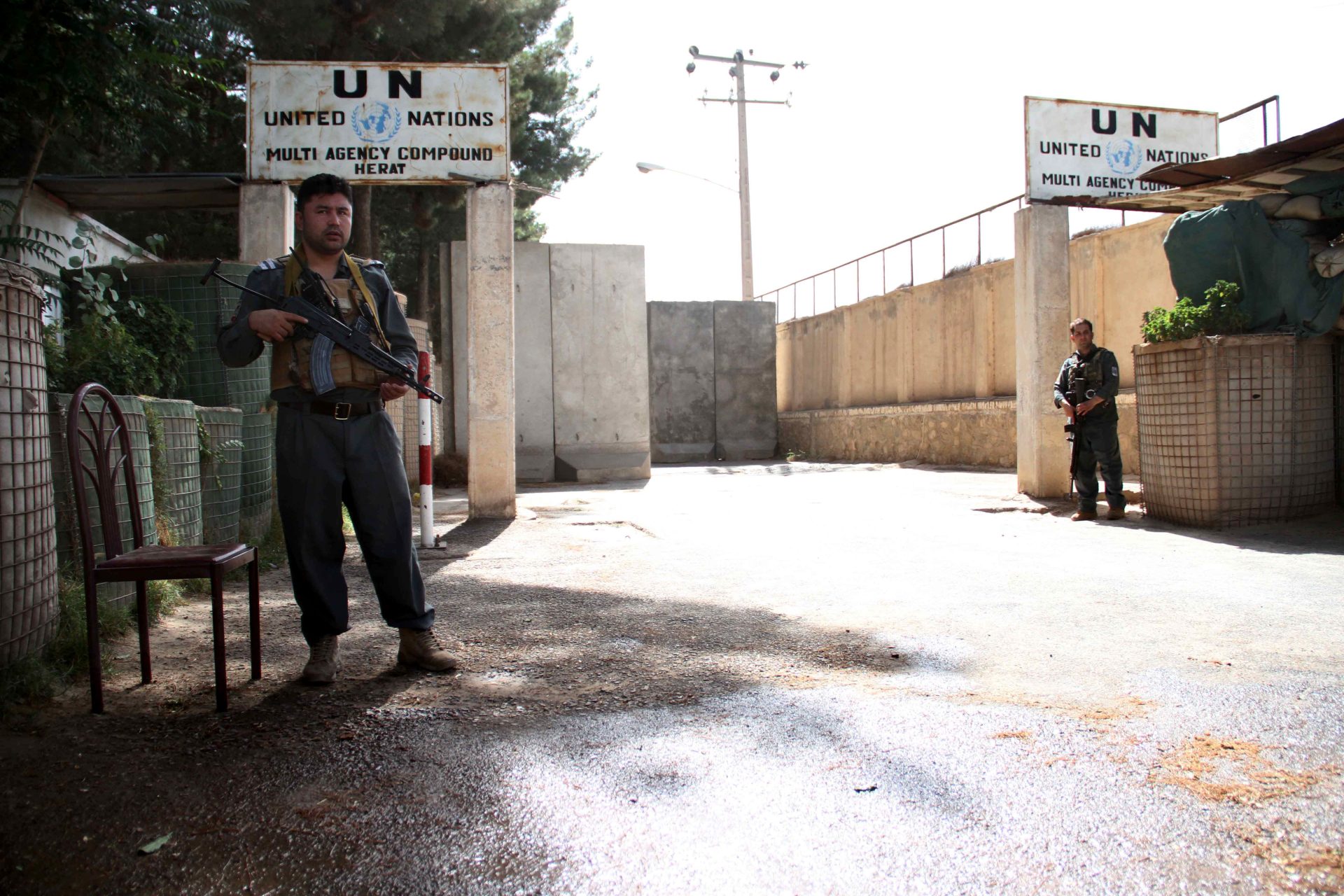United Nations (BLAZETRENDS).- The Taliban told the United Nations that they are prohibiting work for all Afghans they employ in the country, the organization said on Tuesday, describing the decision as “unacceptable” and “inconceivable.”
According to spokesman Stéphane Dujarric, the UN is seeking even more clarity on that decision, but from the information it has obtained, the veto would extend to all of Afghanistan and not just to one province, as had been initially known.
Without women, UN assistance is in danger
Dujarric explained that meetings are scheduled tomorrow in Kabul with the “de facto authorities” to try to clarify the details while evaluating their possible impact, but he made it clear that, without women, the United Nations will not be able to continue helping the country’s population as it has been. doing.
“The women on our staff are essential for the United Nations to provide vital aid,” said the spokesman at his daily press conference, in which he stressed that this veto not only violates “the fundamental rights of women” but also makes it difficult for it to continue the organization’s work on the ground.
Among other things, he recalled that “given the society and culture” in Afghanistan “women are needed to help women”, who are among the most threatened by the enormous humanitarian crisis the country is experiencing, alluding to the fact that in many regions it is not well seen that men attend to women, or vice versa.
According to Dujarric, the ban is “unacceptable” and adds to a “worrying trend to undermine the ability of aid organizations to reach those most in need.”
Concern for Afghans
Taking to Twitter, UN Secretary-General António Guterres condemned the Taliban-imposed ban, saying that “if not reversed, it will inevitably undermine our ability to deliver vital aid to people who need it.”
UN employees were among the few still allowed to work, after the Taliban banned women from working in national or international NGOs last December. Those hired by NGOs in the fields of food and education have also been able to continue their work.
According to UN data, between 30% and 40% of the personnel of humanitarian organizations that deliver, manage, control or assess the need for assistance are women.
Dujarric said that the organization currently has just under 4,000 people working in Afghanistan, of which some 3,300 are natives of the country and 600 international staff. Of the nationals, some 400 are women, while among the internationals around 200 are women.
Initially, the United Nations mission in Afghanistan (Unama) announced that the Taliban had prohibited its employees from working in the eastern province of Nangarhar.
Dujarric explained in New York that a “more official” communication about the veto was received in that region, but later, through various channels, it was transferred to the UN that the decision covers the entire country.

